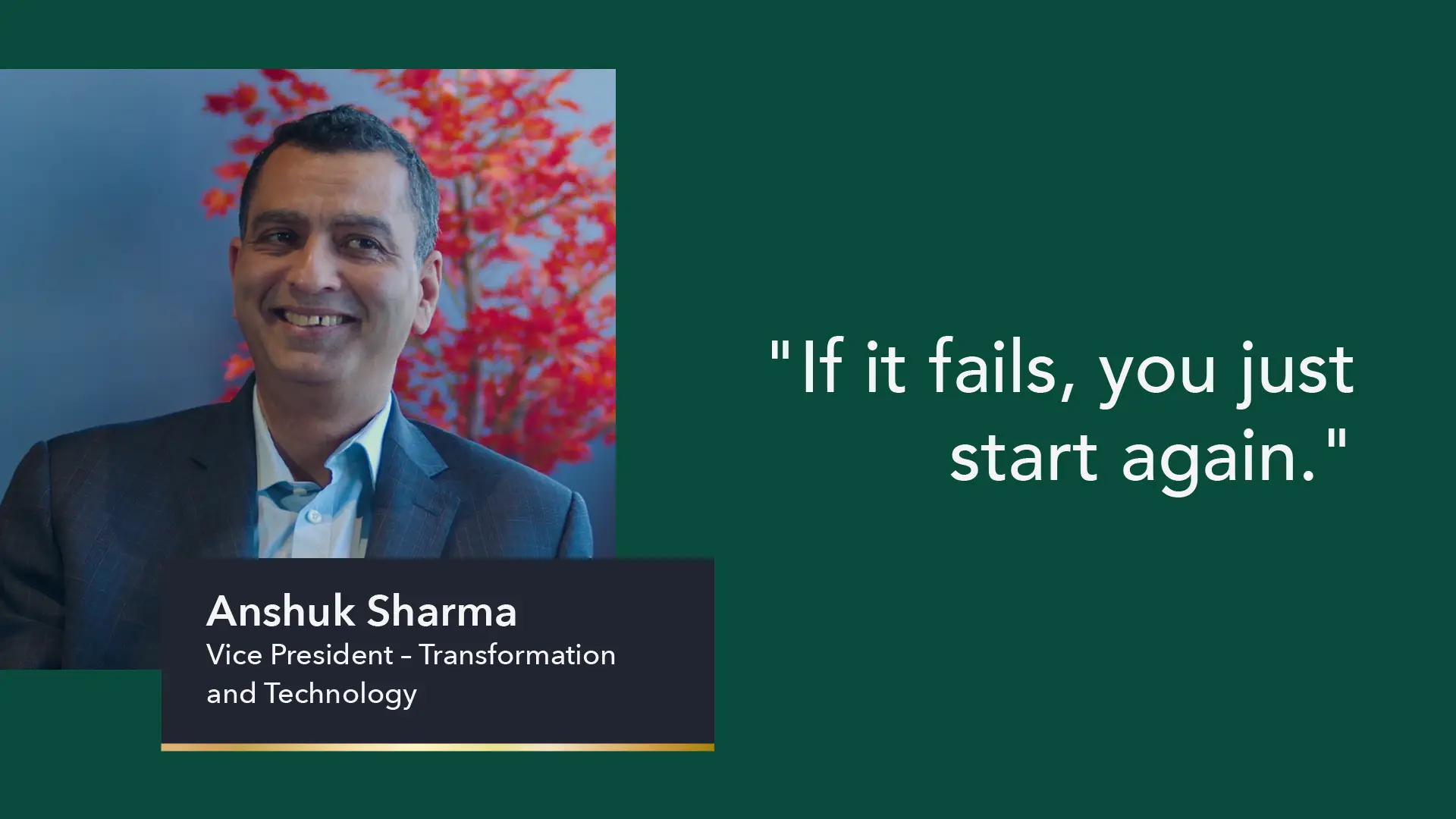 3:19
3:19
Must Watch
 3:19
3:19
Anshuk Sharma - AI: Executive Perspectives Part Two
July
24th,
2025
 3:07
3:07
Anshuk Sharma - AI: Executive Perspectives Part One
July
24th,
2025
More Posts

Anshuk Sharma - AI: Executive Perspectives Part Two
"Be very clear on what you want to do and why you want to do it." Anshuk Sharma, Vice Presid...



